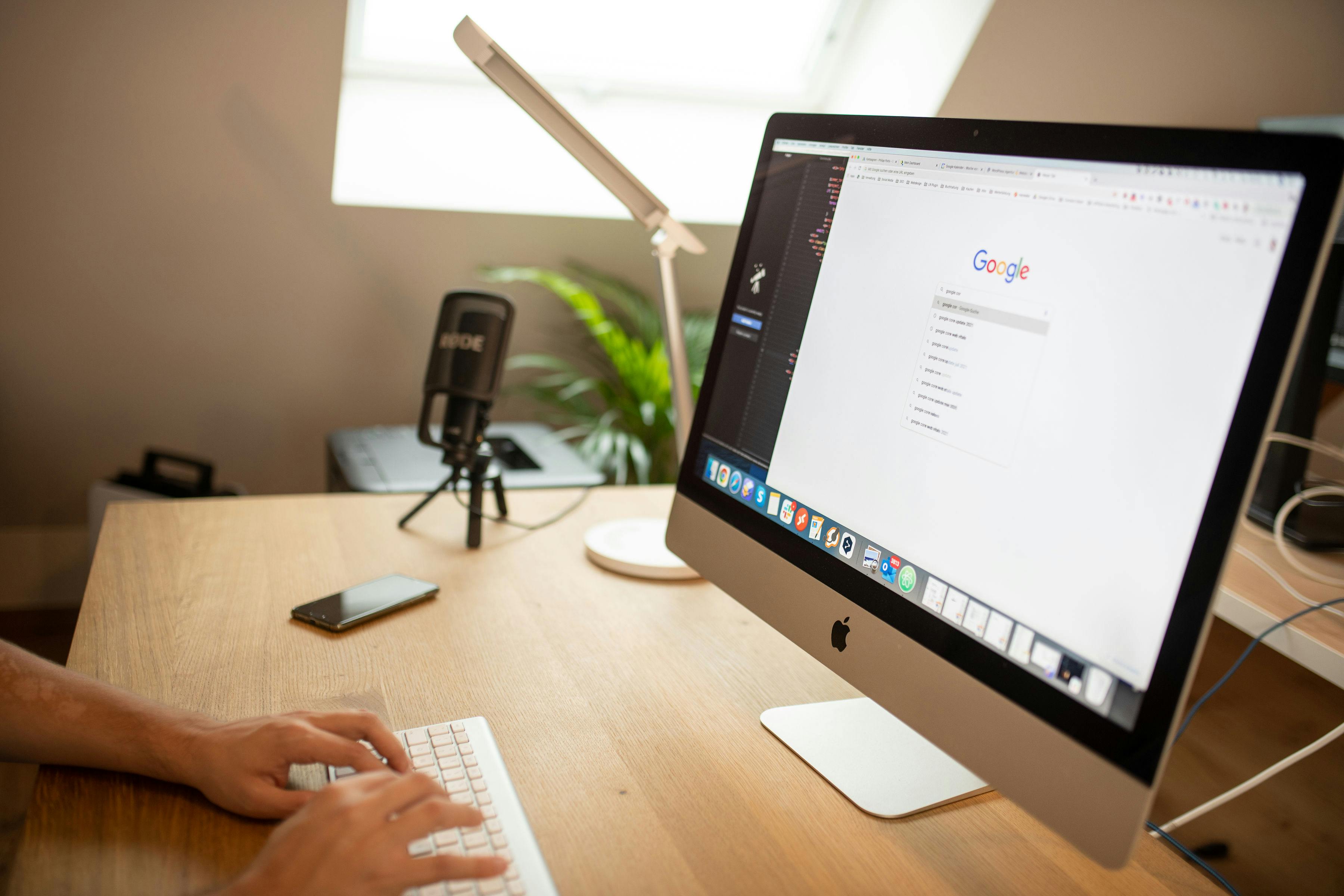
A well-run pay-per-click (PPC) campaign, whether it's on Google Ads or Microsoft Advertising, can bring in new customers and get buyers and visitors who have been there before to come back. But if you've been running paid search campaigns for a while and you don't feel like your results are getting better, it might be time to re-evaluate how well PPC is working for you.
Let's go over five PPC tips that will help you get the most out of your paid search efforts and improve how well they work.
How can I make my PPC campaign perform better?
To get ahead in paid search, you need to focus on getting the most conversions by optimizing your campaigns in many ways. There are a lot of PPC strategies you can use to improve the performance of your campaigns, even though it might seem like an exciting process.
Common ways to improve your Google Ads campaigns range from small changes like turning off add suggestions to testing different audience segments and full-on automated bidding strategies.
Does PPC influence SEO?
Beginners to PPC often think that PPC has a direct effect on SEO rankings. In reality, though, paid ads don't have a direct effect on where a site ranks in a natural search. After all, one of Google's main goals is to show searchers the most relevant organic results to their queries, not the most relevant results from brands with the most money to spend on ads.
Keeping this in mind, SEO and PPC can work well together to help you make a marketing plan that helps your business and gives you benefits like more SERP real estate and a consistent brand experience. In the end, combining PPC and SEO may be your best bet for getting people to visit your business quickly and improving your online presence for long-term success.
Here are 5 PPC tips that will help your campaign do better
For PPC campaigns to be successful, you need to spend a lot of time and money on building and testing different strategies, as well as keeping track of how well they are doing. Still, even your best campaigns might not do as well as you expected if the market, consumer behavior, your competitors, or the ad platform itself changes. Here are some tried-and-true PPC tips you can start using right away to help to improve your PPC campaign.
1. Determine your goals
A key part of a successful PPC campaign is setting clear goals from the start. Your goal could be to get more sales leads, make more money, or spread the word. No matter what your goals are, you should keep in mind that they should be clear, measurable, attainable, realistic, and tied to a time frame. In turn, the key performance metrics (KPIs) related to these goals, such as your CPA (cost per acquisition) or conversion rate, will help decide important parts of the campaign, such as how much you spend on ads and what they say.
2. Make use of geo-targeting
Geo-targeting, also known as local PPC, is a way to reach people in a certain area. Using the best practices for geo-targeting in Google Ads lets you make campaigns that send your message to prospects based on where they are geographically. Local PPC can help a lot with performance optimization.
For example, it lets you write ad copy that takes into account things that are unique to a certain location, like keywords or phrases that only locals know. This will make more sense to your audience and make them more likely to get involved. So, the more appealing your ad is to your users, the more likely it is that your click-through rate (CTR) will go up and you'll get more qualified prospects.
3. Incorporate automation
Google Ads has really stepped up its game with the rise of automation. The machine learning algorithms on the platform are always getting better. Eventually, they will be able to take over all of the manual work that advertisers do with ad copy, bidding, and targeting.
For example, Google's new Performance Max campaign type uses machine learning to improve performance across all of Google's networks, such as YouTube, Search, Display, and Gmail. One of the best things you can do to improve your account is to take advantage of PMax campaigns. They are driven by your brand's unique goals, and the automation uses all of the accessible data to create and deliver ads that add the most value to these goals.
4. Use audience segmentation
Redefining your audience is another effective strategy to improve the effectiveness of a paid campaign. Because your audience is one of the most important foundations of successful marketing, you must target the appropriate users with the appropriate product or service.
Audience segmentation focuses on key elements of your target audience and can considerably boost the possibility that potential buyers will click on your ad and take action. Marketing audiences are fundamentally categorized based on distinguishing criteria such as demographics, psychographics, behavior, and geographic location.
Google Ads, as well as Microsoft Advertising, provide a plethora of alternatives for observing how different audiences interact with your ad or only targeting users from the most appropriate audiences for your business.
5. Incorporate remarketing
An effective remarketing campaign shows ads to people who have already used your website or app. This makes them want to come back and give you another chance. Remarketing can support the buyer's journey by attracting prospects' attention with information that will help them re-evaluate your deal and see it as the best choice for them. But if you want results, you have to get users to care.
Through comparison landing pages, you can show off your use cases, benefits, and features. You can also help prospects compare you to the competition.